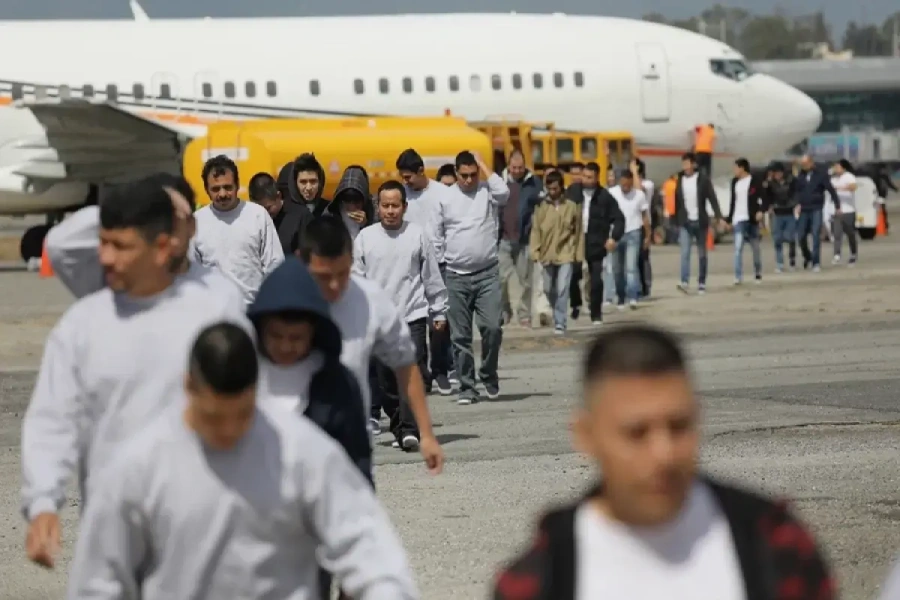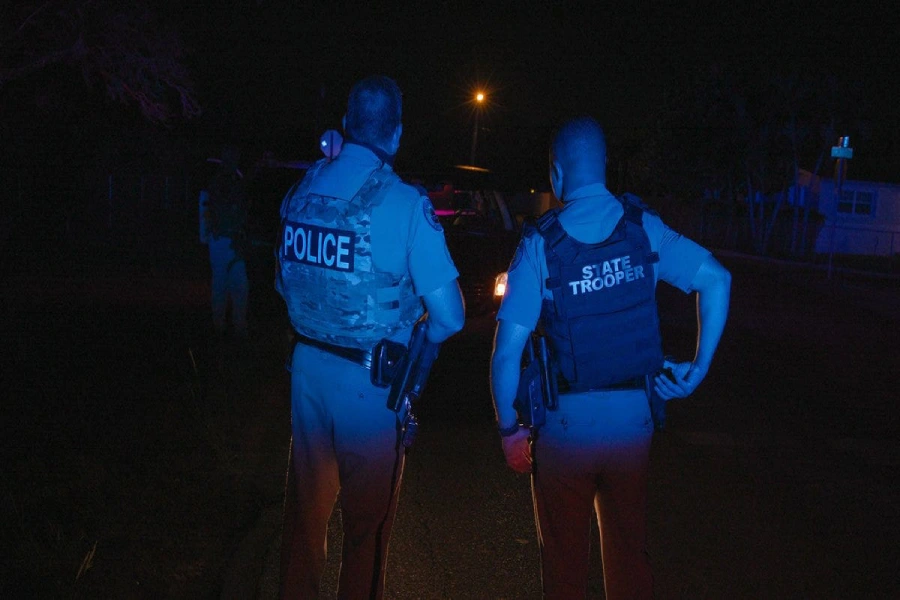In a sweeping move that has shaken Florida’s immigrant communities, U.S. Immigration and Customs Enforcement (ICE), in cooperation with state and local agencies, arrested more than 1,100 undocumented immigrants in just six days. Dubbed Operation Tidal Wave, the campaign is being hailed by state leaders as a model for national enforcement—but many legal experts, advocates, and citizens are raising serious concerns about its legality, fairness, and long-term consequences.
What Is Operation Tidal Wave?
Operation Tidal Wave was launched on April 21, 2025, targeting communities across Florida with high immigrant populations, including Miami-Dade, Broward, Tampa, Orlando, and Jacksonville.
Led by ICE and supported by:
-
Florida Highway Patrol
-
Florida Department of Corrections
-
Florida Fish and Wildlife Conservation Commission
-
Local sheriff departments
-
Florida National Guard
The goal: arrest and process undocumented individuals for removal under current federal immigration law.
According to ICE, over 60% of those arrested had criminal records. However, community leaders and legal aid groups report dozens of arrests without any prior criminal history or pending deportation order, prompting calls for independent investigation.

Legal Foundation and Controversies
What Legal Authority Enables This?
ICE operated under Section 287(g) of the Immigration and Nationality Act, allowing local law enforcement to assist with federal immigration duties. However, many legal scholars argue that 287(g) agreements blur the line between state and federal authority, often leading to constitutional overreach.
Key Legal Issues Raised:
-
Due Process Violations
Many immigrants were detained without a warrant, legal representation, or a clear explanation of charges. -
Racial Profiling Allegations
Multiple eyewitnesses describe traffic stops and detentions based on appearance, language, or Latin American origin, possibly violating the Fourth and Fourteenth Amendments. -
Violation of Local Autonomy
Cities like Fort Myers initially resisted 287(g) but were pressured by Florida’s Attorney General, raising concerns about state coercion and federalism. -
No Judicial Review
Immigrants may be deported without seeing a judge, contradicting the legal principle of habeas corpus.
Impact on Immigrant Communities
Widespread Fear and Silence
Jill Hanson, head of nonprofit El Sol in Jupiter, reported at least five community members detained without criminal records. Among them was a man who had just played Jesus in a local church play days earlier.
“They’re not criminals, they’re workers, parents, and neighbors,” said Hanson. “These raids damage the very trust law enforcement needs to protect us all.”
Disrupted Lives
-
Parents detained while dropping off children at school
-
Essential workers arrested on their way to landscaping or housekeeping jobs
-
Families afraid to visit hospitals or report domestic abuse
The fear ripple has caused church services to empty, schools to lose students, and even Latino-owned businesses to shut down temporarily.

Political and Economic Repercussions
While Governor Ron DeSantis hailed the operation as a success, others are calling it a public relations stunt with dangerous side effects.
Sen. Carlos Guillermo Smith (D-Orlando) warned:
“Free countries don’t strip people of constitutional rights. This makes us less safe, not more.”
Economists note that Florida’s agriculture, hospitality, and construction industries rely on immigrant labor. Disrupting this workforce could lead to labor shortages, rising costs, and delayed projects across the state.ICE Deportation and the Constitution
Even though immigration enforcement is a federal duty, it must operate within constitutional boundaries:
-
Fourth Amendment: Protection against unlawful search and seizure
-
Fifth and Fourteenth Amendments: Guarantee of due process
-
Equal Protection Clause: Protection against racial or ethnic profiling
Civil rights groups including the ACLU are now monitoring Operation Tidal Wave for potential class-action lawsuits.

What’s Next for Immigration Enforcement in the U.S.?
If deemed successful by political leadership, Operation Tidal Wave could be a blueprint for similar crackdowns in Texas, Arizona, and Georgia.
However, the backlash from immigrant communities and legal experts may force changes in how ICE coordinates with state forces in the future.
Expect:
-
Federal court challenges on due process grounds
-
Local protests and political pressure on sanctuary city policies
-
New legal resources for detainees through nonprofits and pro bono networks

